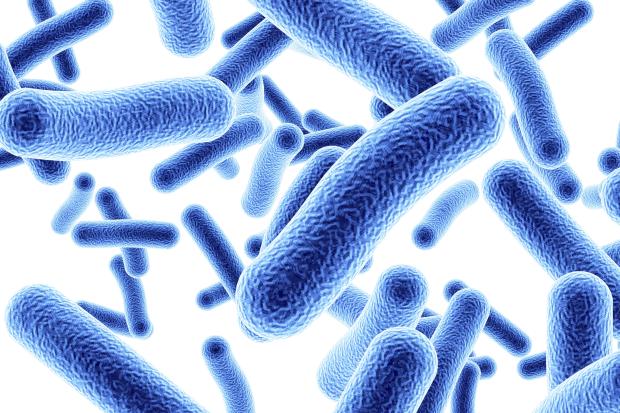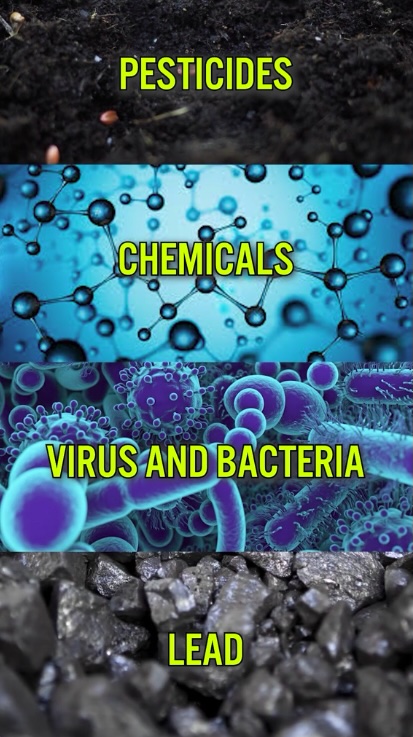YOU might think being asked to slip off your shoes before entering a home is overkill – but a doctor has revealed revolting reason you should never wear shoes indoors.
Keeping your footwear on inside your house may even be “life-threatening” in some cases, he claimed.
Dr Saurabh Sethi, a Harvard -educated gastroenterologist, shared a clip with his 499,000 followers on TikTok.
The 42-year-old urged people not to wear shoes indoors – especially in your own home – as they can track in dangerous bugs and germs.
In the clip, which has racked up 122,000 views and over a thousand likes, he explained that as a doctor, he follows a strict “no outdoor shoes inside home” policy.
“This is because shoes can carry various toxins,” Dr Sethi, from California, US, said.
“Including pesticides, chemicals, viruses and bacteria, [as well as] heavy metals like lead.”
Revoltingly, shoes may even transfer bacteria from poop into your carpets and floors, he warned.
The doctor referred back to research showing 96 per cent of shoe soles carry faecal bacteria, including E. coli.
He continues: “This can lead to severe gut infections and UTIs.
“This is especially concerning in homes with crawling children, who have a habit of putting everything in their mouths.”
E. coli bacteria can cause grim gut infections, while also infecting the urinary tract or other parts of the body.
Some dangerous strains make you sick with watery diarrhoea, vomiting and a fever if ingested.
Those that produce Shiga toxin, can cause serious illness, including kidney damage.
Newborns and young children are especially at risk from E. coli infections, as are those over 65, with weakened immune systems, diabetes or ulcerative colitis.
To minimise health risks, Dr Sethi urged people to remove their shoes before entering any home.
What are the symptoms of STEC?

Shiga toxin-producing Escherichia coli can cause gastrointestinal illness that can become severe.
The most common type of STEC in the UK is O157, according to a 2017 report by Public Health England.
Some people who are exposed to STEC do not become ill. Others develop stomach cramps and bloody diarrhoea.
Symptoms can also include vomiting, fever, and chills.
In severe cases, the infection can damage organs, such as the kidneys.
Symptoms can appear anywhere from one to ten days after exposure but usually appear around three to four days after exposure.
Most of those affected by the bug will get better without treatment within a week. Sufferers are advised to drink plenty of fluids to stay hydrated.
Are you at risk of getting it?
People can become infected by:
- Eating contaminated food
- Contact with infected animals either directly or through inadvertent contact with animal faeces, for example at farms, petting farms and campsites
- Contact with other people who have the illness (through inadequate hand hygiene after using the toilet, before food handling – particularly in households, nurseries, infant schools, or both
- Drinking water from inadequately treated water supplies
- Swimming or playing in contaminated water such as ponds or streams
STEC are very infectious because very few bacteria are needed to cause illness.
This means that disease can spread easily within families and in other settings such as day nurseries, primary schools, nursing homes and hospitals where there are young children and others who might have difficulty keeping clean.
How can you protect yourself from STEC?
An STEC infection can be prevented by taking the following precautions:
- Cook all minced meat products (burgers, meatloaf, meatballs) thoroughly, until the colour is the same all the way through, and no blood runs from them
- Ensure refrigerators are working correctly – bacteria grow more quickly at temperatures over 4oC
- Only leave cooked foods, meat and dairy products out at room temperature for a short time
- Store uncooked meats below-cooked meats and salad vegetables to avoid dripping juices onto ready-to-eat food
- Store uncooked and cooked meats on different plates, and avoid all contact between raw and cooked meats
- Thoroughly wash all salad vegetables and do not prepare them with utensils that have also been used for raw meat
- Children and the elderly who are particularly susceptible to the severe effects of STEC should avoid eating or drinking unpasteurised dairy products
- People who have been ill should not prepare food for others for at least 48 hours after they have recovered
- Boil any drinking water if you are unsure of its source
- Do not swim in water that you think may be contaminated by cattle and sheep in nearby fields
- Wash your hands thoroughly after using the toilet (or helping others including changing nappies), handling raw meat, before meals and after contact with animals
Source: PHE
Users flocked to the comments to share their reactions.
“That’s a number one rule in my home,” one said.
Another user added: “None of my family wear outdoor shoes inside. We have our shoes near the front door.”
Someone else said: “I’ve been wearing shoes inside all my life never had a gut infection or UTIs.”
“So my mum was right?” a fourth person commented.










